CONTENTS
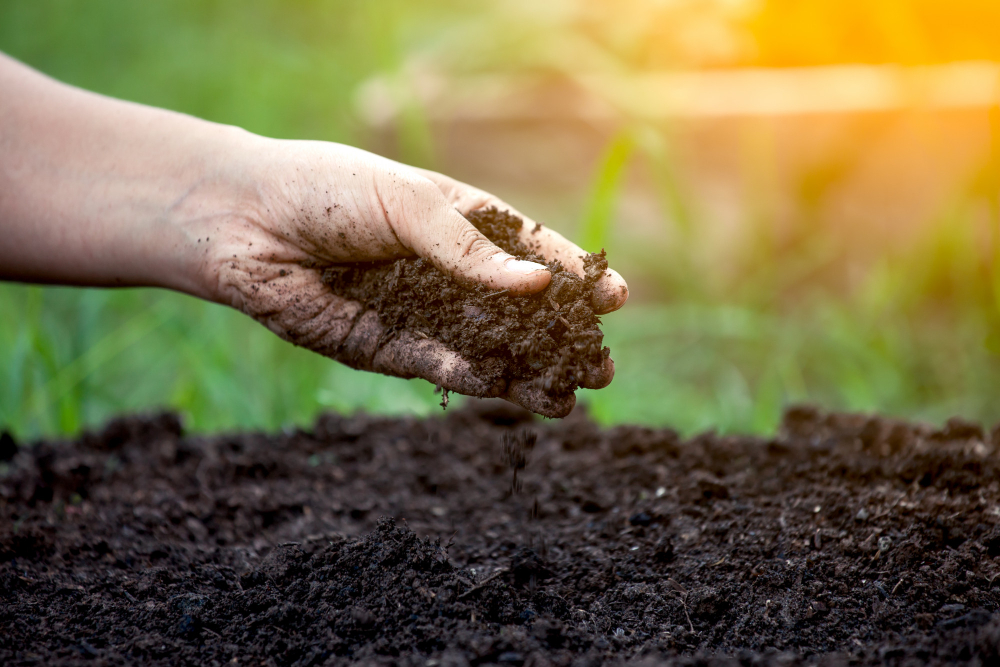
Green Thumb Secrets: How to Improve Garden Soil for Lush Growth
If you’re an avid gardener, you understand that the foundation of a thriving garden lies in the quality of your soil. Healthy soil is the lifeblood of your plants, providing essential nutrients and a hospitable environment for root development.
Fortunately, there are several tried-and-true methods to improve garden soil, ensuring your plants flourish and your garden thrives.
If you want to know how to improve garden soil, read on to learn some helpful tips and tricks!
Ways to Improve Garden Soil
Without wasting more time, continue reading below to learn how to improve garden soil quality.
Feed it an Organic Diet
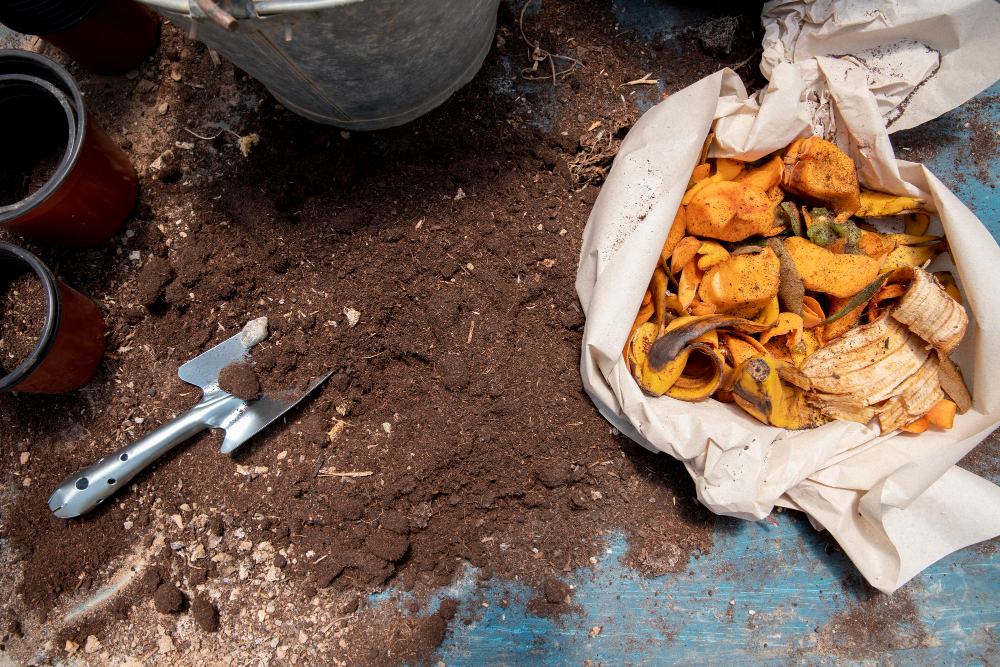
Just like humans, plants need proper nutrition to grow strong and healthy. Providing your garden soil with an organic diet is a fundamental step in soil improvement.
If you add organic matter, such as compost, well-rotted manure, and leaf mold, it will give nutrients and improve soil structure. These materials also enhance the soil’s water-holding capacity and promote beneficial microbial activity.
To make your garden soil healthier, begin by mixing compost into the top layer of soil. Making a compost pile with kitchen scraps and yard waste is a planet-friendly way to always have good organic stuff for your garden. You can also plant cover crops to help enrich your soil.
Get a Soil Test
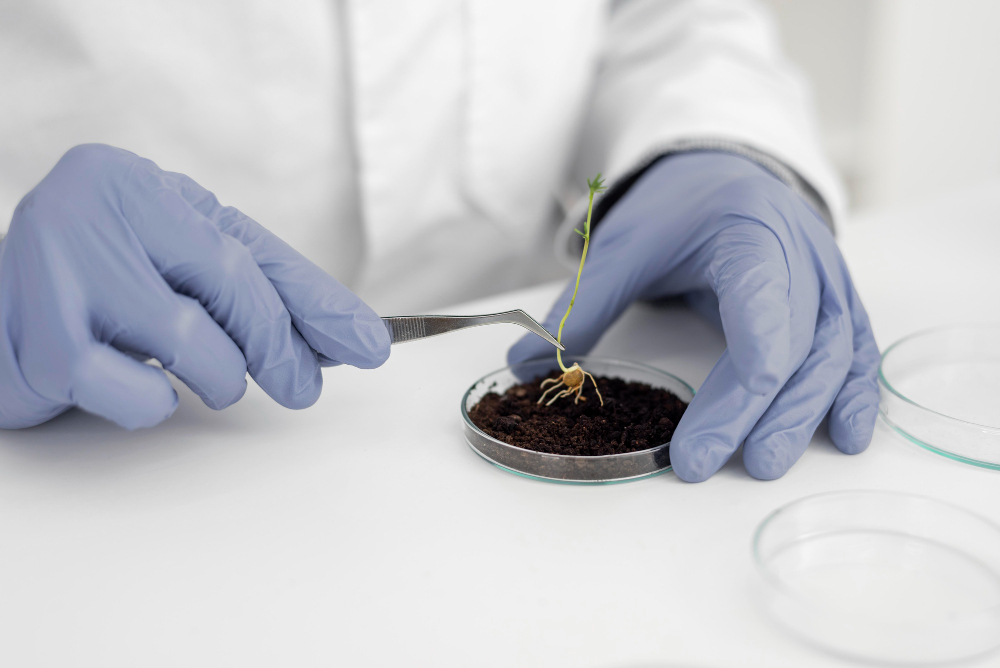
It’s important to know what your soil is like if you want to make it better for your garden plants. Soil tests can help by telling you things like how acidic or basic the soil is, what nutrients it lacks, and what it feels like. You can get a soil test kit from your local farm office or send samples to a lab online.
Once you get the results, you can determine your soil health and what it needs to be healthier for your plant roots and the soil organisms.
This way, you can save time and money by only adding what’s necessary and not using too much stuff that isn’t needed.
Till With Worms
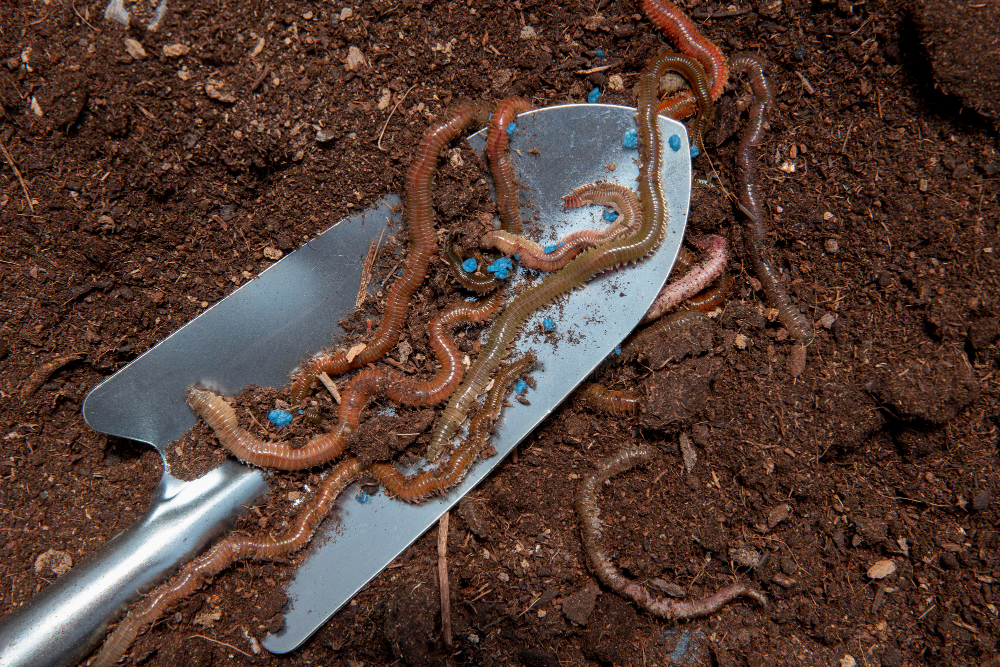
Earthworms are like nature’s garden helpers. They dig tunnels in the soil, which gives the soil more air and water, and they turn old stuff into something good called humus.
If you want more earthworms in your garden, don’t use chemicals or fake lawn fertilizers because they can hurt the earthworms. You can bring more earthworms to your garden by buying them or making them an excellent place for them to live using natural methods.
You can also put worm castings, which is worm poop, in your soil to make it better with more nutrients.
Prevent Soil Compaction
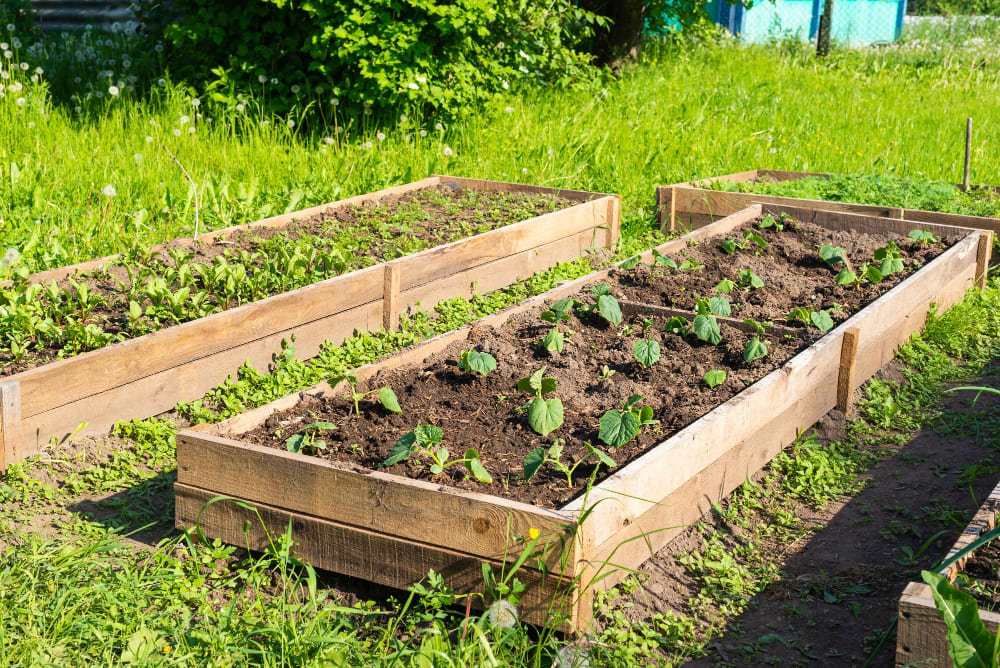
Compacting soil can prevent roots from growing and reduce how much water penetrates. To stop the soil from compressing, don’t walk or use machinery on the beds if the dirt is damp.
Instead, stick to clear paths to access your plants. Moreover, covering the soil surface with mulch can protect it from heavy rain, which could cause compaction. This is especially important when dealing with clay soil or sandy soil, as they are more prone to becoming compacted.
Use Raised Beds
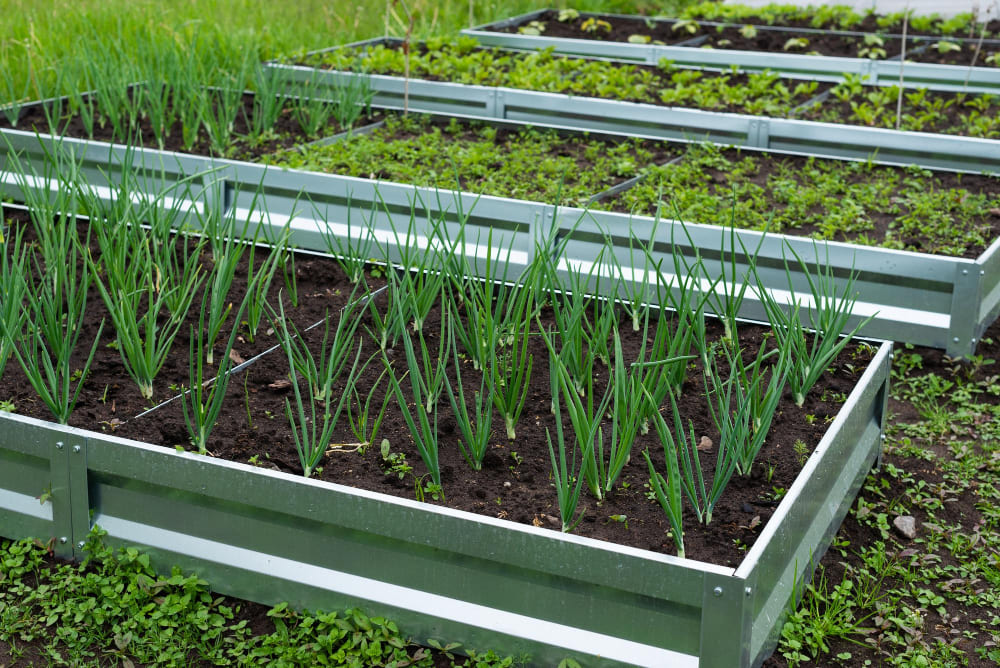
If your garden soil is poor quality or drainage is a persistent issue, consider using raised beds. Raised beds give you more control over your soil composition and drainage. You can fill them with high-quality soil mixtures, such as a blend of garden soil, compost, and vermiculite, to create an ideal environment for your plants
Frequently Asked Questions
What is the best thing to add to poor soil?
The top choice for fixing not-so-great soil is to put in natural stuff like compost, animal manure, or leaf mold.
These things make the soil better for growing because they give it more nutrients, strengthen it, and help it keep water. Another option is planting cover crops or using green manures to help improve the soil.
What makes soil effective?
To improve your garden soil effectively, ensure it has enough nutrients, airflow, and the ability to hold moisture. Additionally, it should contain helpful microorganisms that can help plants grow.
What makes soil unhealthy?
Unhealthy soil lacks essential nutrients, has poor drainage or aeration, and may be contaminated with harmful chemicals or pathogens. Compaction and erosion can also contribute to unhealthy soil.
Conclusion
Making your house garden look excellent starts with making your soil better. If you learn how to improve garden soil and do some tests to know what it likes, you can make an excellent place for your plants to grow well.
By using these tricks, your garden will turn into a beautiful and lively green paradise!

